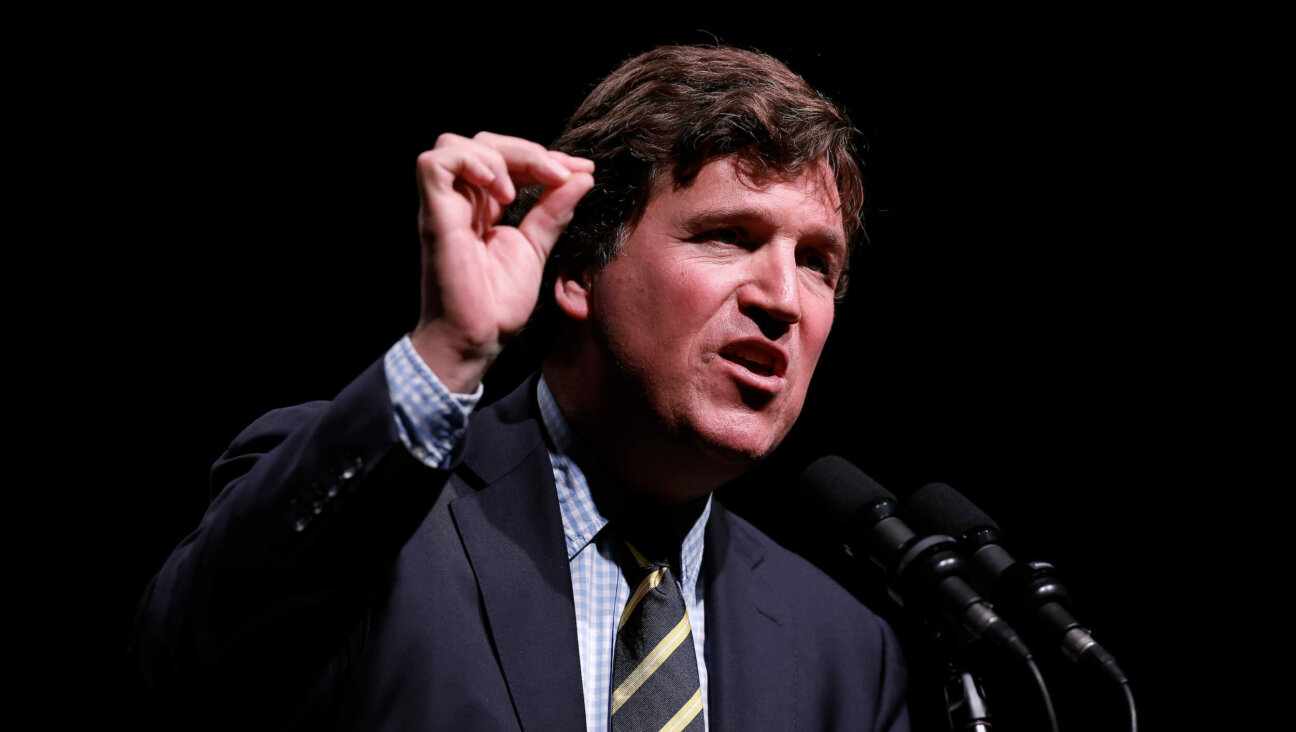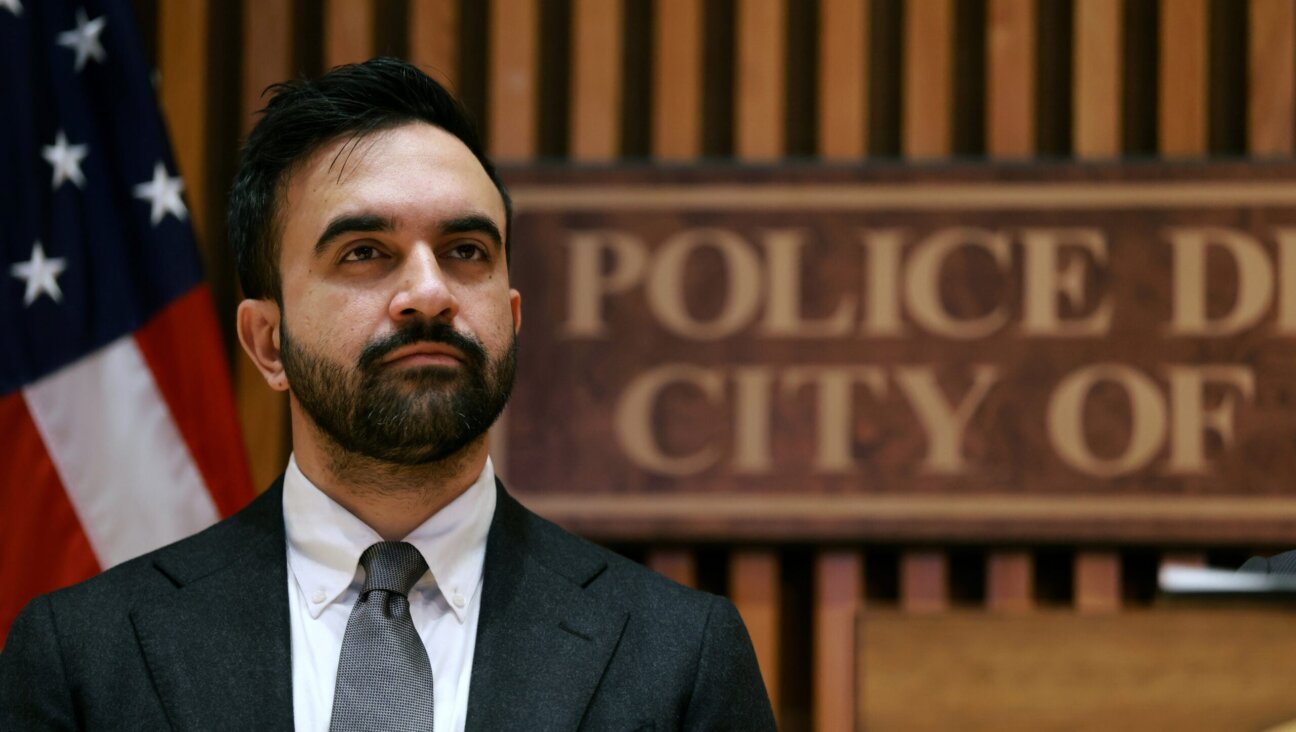Who on Earth is Michael Rips?
Plucked from obscurity by reclusive Israeli poet Yoel Hoffman to join the International Writers Festival, Michael Rips was the surprise American in a lineup that included Jonathan Safran Foer, Nicole Krauss, Russell Banks and Paul Auster.
The suave urbanite and legal eagle who lives in Manhattan’s Chelsea Hotel is no slouch. Despite being little known, he has had two books published by significant publishing houses (“Pasquale’s Nose: Adventures in a Small Italian Town” from Chatto & Windus in 2001 and “The Face of a Naked Lady: An Omaha Family Mystery” from Houghton Mifflin in 2005). But the latter of those passed without fanfare to paperback four years ago.
Crucially though Hoffman found Rips’s memoir of his father in the local Ma’alot public library and discovered for himself a kindred spirit. As he wrote in the preview for the festival in Haaretz: “When I reached page 37, I began to suspect that his [Rips’s] father was also my father.”
A kindred spirit on the page, perhaps but an unfortunate match for Hoffman onstage. As the redoubtable Maya Sela, cultural critic with Haaretz, noted in her interview with Rips, he is an observer of life. Sometimes sophisticated (he has provided legal advice at the Supreme Court level and is writing a “very readable” book about the danger of obsessive categorization on human thought), sometimes naïve — although he has visited Jerusalem before he is eager to quiz locals (and even Sela!) about themselves and their country — he displays a constant, earnest and articulate curiosity.
Hoffman chooses to keep himself to himself, refusing interviews and public appearances. He agreed to participate in the festival on the condition that Rips would be his discussant. Although accordingly sweet and fulsome in his praise for Rips, Hoffman was — as he had been at his Beit Ticho event earlier in the week — somewhat stilted in his comments and generally unused to either prompting or being prompted to talk about either his poetry or his process. His introductory remarks, for example, comprised of him reading his piece from Haaretz.
In stark opposition debonair Rips is a born raconteur and happily expanded on a couple of stories from his books, discussing further how they related to his life. Rather than moving towards Hoffman with stories, he seemed to hold back, respecting Hoffman’s status. Hoffman for his part, however, implored the audience for questions or retreated to his poems, drawing Hebrew versions of his books from a bright white and red backpack.
The event was listed as being in English (unlike at Beit Ticho) and, although Hoffman’s poems are largely untranslated and, indeed, difficult to translate, reading his poems in Hebrew acted as a break on the conversation, and certainly prevented Rips, who has little or no Hebrew, from commenting. Listening to the two of them on stage was like watching two dancers hobbled to each other, moving around awkwardly: on ice.
At the end of the panel Hoffman closed his backpack and embraced Rips warmly. The tall, clean-shaven Rips with immaculately parted wavy grey hair equally warmly bent to hug the short, shaven-headed and goateed Hoffman. The two of them parted, and left the stage individually, to return to their own particular peace and quiet.

















